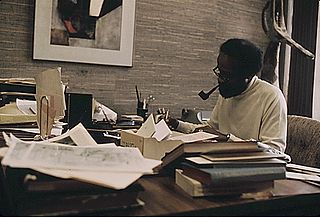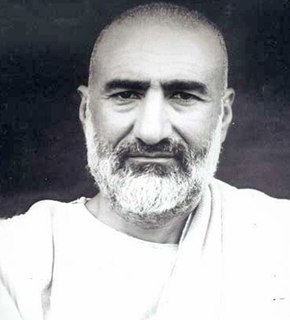A Quote by Steve Allen
I do not understand those who take little or no interest in the subject of religion. If religion embodies a truth, it is certainly the most important truth of human existence. If it is largely error, then it is one of monumentally tragic proportions—and should be vigorously opposed.
Related Quotes
Error is a supposition that pleasure and pain, that intelligence, substance, life, are existent in matter. Error is neither Mind nor one of Mind's faculties. Error is the contradiction of Truth. Error is a belief without understanding. Error is unreal because untrue. It is that which stemma to be and is not. If error were true, its truth would be error, and we should have a self-evident absurdity -namely, erroneous truth. Thus we should continue to lose the standard of Truth.
the leading error of the human mind, - the bane of human happiness - the perverter of human virtue ... is Religion - that dark coinage of trembling ignorance! It is Religion - that poisoner of human felicity! It is Religion - that blind guide of human reason! It is Religion - that dethroner of human virtue! which lies at the root of all the evil and all the misery that pervade the world!
A man who is convinced of the truth of his religion is indeed never tolerant. At the least, he is to feel pity for the adherent of another religion but usually it does not stop there. The faithful adherent of a religion will try first of all to convince those that believe in another religion and usually he goes on to hatred if he is not successful. However, hatred then leads to persecution when the might of the majority is behind it.
It is alleged by men of loose principles, or defective views of the subject, that religion and morality are not necessary or important qualifications for political stations. But the Scriptures teach a different doctrine. They direct that rulers should be men who rule in the fear of God, able men, such as fear God, men of truth, hating covetousness. But if we had no divine instruction on the subject, our own interest would demand of us a strict observance of the principle of these injunctions. . . .
I don't want to justify religion in terms of its benefits to us. I believe that, on balance, it does a lot of bad things, too - a tremendous amount. But I don't think that the final justification of religion is the good it does for people. I think the final justification is that it's true, and truth takes priority over consequences. Religion helps us deal with what is most important to the human spirit: values, meaning, purpose, and quality.
There's truth in every religion. Christians believe that there's truth in every religion. But we just believe that there's one savior. We believe we can learn truth - I've learned a lot of truth from different religions. Because they all have a portion of the truth. I just believe there is one savior, Jesus Christ.
But science can only be created by those who are thoroughly imbued with the aspiration toward truth and understanding. This source of feeling, however, springs from the sphere of religion. To this there also belongs the faith in the possibility that the regulations valid for the world of existence are rational, that is, comprehensible to reason. I cannot conceive of a genuine scientist without that profound faith. The situation may be expressed by an image: science without religion is lame, religion without science is blind.
There is no such thing as absolute truth and absolute falsehood. The scientific mind should never recognise the perfect truth or the perfect falsehood of any supposed theory or observation. It should carefully weigh the chances of truth and error and grade each in its proper position along the line joining absolute truth and absolute error.


































